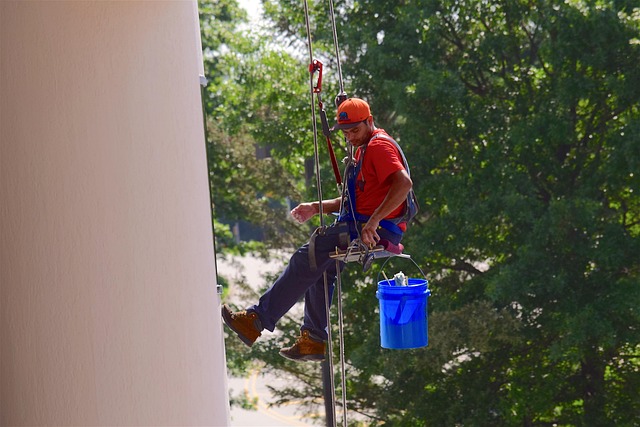Samsung AI vs apple iPhone AI test #trending #foryou #viralshorts #shorts_feed #samsung #iphone
https://www.youtube.com/watch?v=vWSzJdRZNEY

Dallas residents face common drain issues due to hair, grease, root infiltration, and outdated syste…….

In unexpected emergency drain cleaning situations in Dallas, swift action from certified professiona…….

The Failure Modes and Effects Analysis (FMEA), a core component of Six Sigma methodology, offers a s…….

Fishbone diagrams are powerful visual aids within Six Sigma Risk Management Strategies, helping orga…….